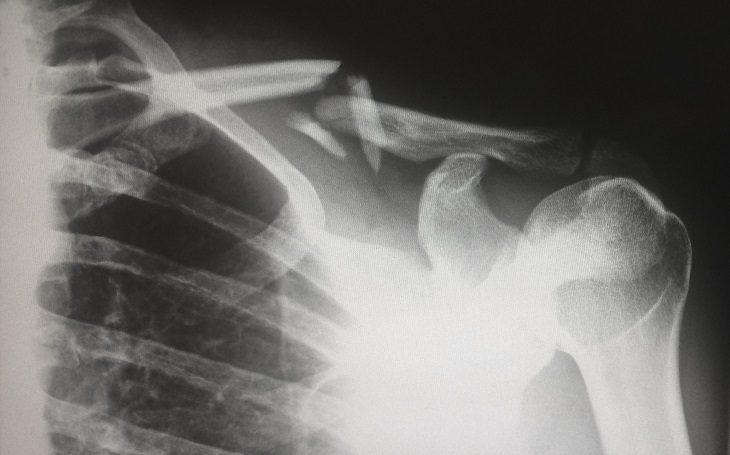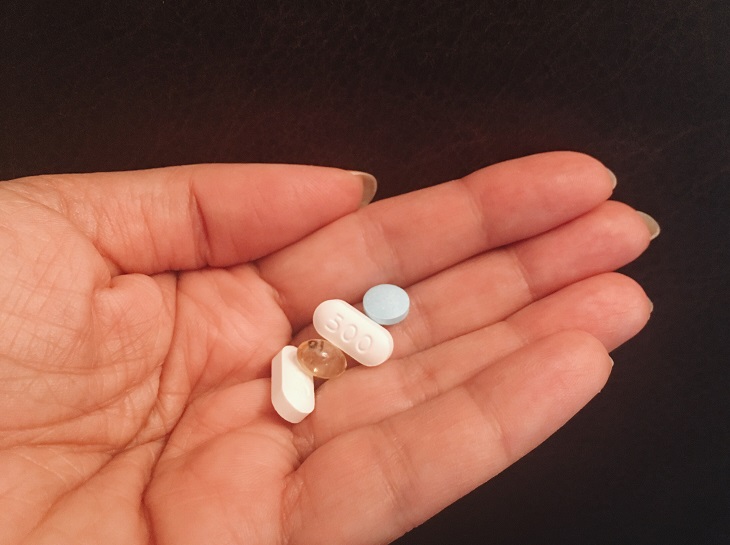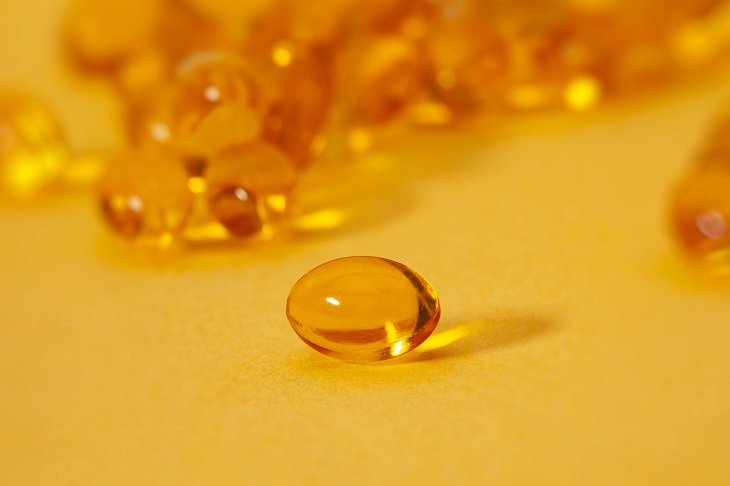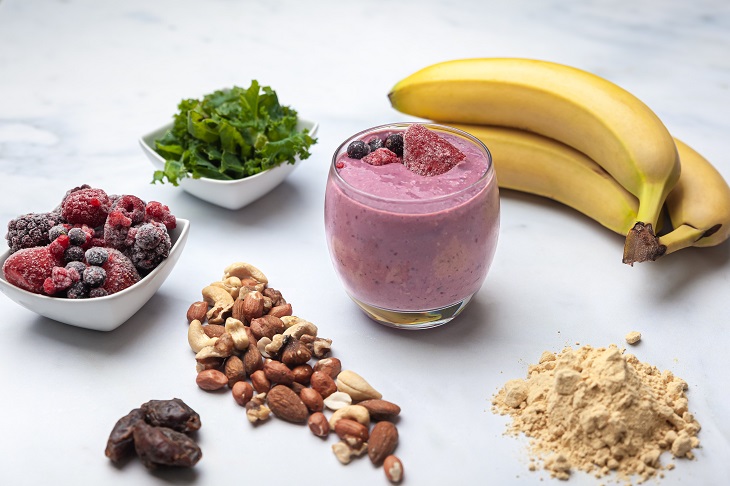While immunity is an important part of everyday life, it’s hasn’t always been front and center when people think about their overall health. However, that has changed in recent years. Since the onset of the COVID pandemic, many people have begun thinking more seriously about their immune health. After all, the immune system is the first line of defense against pathogens such as the one that causes COVID-19.
With more people than ever now focused on this type of preventive health care – the type that aims to prevent bad infections as opposed to simply treating them – natural and dietary health avenues are being explored more frequently. Those natural avenues tend to center around nutrients from food and other supplementation that can help give the body a boost when it needs it most.
Why is immune function important in the winter?
The immune system is important all year round, but it’s especially vital during the cold months. This is often when cold and flu seasons are at their peak. To complicate things further, research shows that cold temperatures also suppresses the immune system and provides viruses with optimal living conditions. These two factors play a large role in why it’s vital to keep your immune system in tip-top shape throughout the winter months.
No one wants to fall ill, and making sure that the immune system is running at its best is the only way to ensure that even if you do come into contact with a flu, cold, or even COVID, your body is prepared to fight it off and bounce back.

Peptides that boost immune function
Peptides are naturally occurring strings of amino acids that the body produces on its own. Unlike the typical amino acids that act as building blocks of protein, peptides are shorter chains, meaning they have fewer amino acids. That doesn’t mean they’re less important for health, just that they have different tasks to perform. One such task is making sure that the immune system gets the boost it needs to run properly.
Peptides naturally occur in the body; however, to boost your levels, you can eat foods that are high in protein such as meat, fish, dairy, eggs, whole grains, and beans. Peptides can also be found isolated in supplement form.
Some of the best peptides for immune health include:
Thymosin Alpha 1
Thymosin Alpha 1 is perhaps one of the most well-known peptides. It aids immune function and has also been used in the treatment of certain diseases. The peptide helps immune function by enhancing the action of immune cells known as killer T-cells so they’re better prepared to fight off infection.It also positively affects the action of dendric cells, which help to mediate the immune response on a cellular level.
Thymalin
Thymalin regulates the thymus, a gland that is key to producing T-lymphocytes, or immune cells, that aid in the adaptive immune response.Without proper amounts of this peptide, those cells will not be produced in adequate numbers and the immune system will suffer.
IGF 1
Also known as insulin growth factor one, IGF 1 binds to a receptor known as IGF 1R to encourage cell production throughout the entire body. Cells that are created include T-cells, which aid in immunity.
GHRP 6
GHRP 6 acts as ghrelin, which is the hunger hormone. Its job is to invoke the action of IGF 1 so that more immune cells are created, thus boosting immunity.
CJC 1295
CJC 1295 affects the growth hormone, causing it to be released. This leads to a reaction that causes the thymus to create T-cells.
Vitamins that boost immune function
Vitamins are needed for the body to function, and many of them play a vital role in the immune system. Some vitamins that are good for boosting immune health include:
Vitamin C
Vitamin C is the most well-known immune booster, and for good reason. Research shows that vitamin C helps immune function by supporting cellular responses in both the adaptive and the innate immune systems. It can also prevent the entry of pathogens through the skin by supporting skin barrier function. Vitamin C can also enhance the body’s ability to fight off disease by accumulating certain phagocytic cells.
This vitamin can be found in a variety of fruits and vegetables such as oranges, strawberries, and red bell peppers.
Vitamin B6
Vitamin B6 has the ability to boost the immune response because it helps to increase the production of antibodies in the system, and enhances the way cytokines and chemokines interact with one another (cytokines and chemokines are molecules within the body that aid in cell signaling).
Vitamin B6 can be found in seafood, fortified cereals, and chickpeas.
Vitamin E
Vitamin E is found in high concentrations in immune cells; it aids the cells in modulating immune function. It also helps to regulate T-cells, improve the integrity of immune cells so that they are safe from damage, and encourage proper cell division.
The best sources of vitamin E include plant-based oils, nuts, seeds, and dark, leafy greens.

Nutrients that boost immune function
Other nutrients that play a vital role in boosting immune function include:
Zinc
Zinc is a chemical element that has been shown to aid in the development and function of certain immune cells such as natural killer cells and neutrophils.
Red meat and poultry contain high levels of zinc.
Selenium
Selenium has been shown to help lower oxidative stress, which occurs when free radicals outnumber antioxidants and cause inflammation within the body. Inflammation can hinder the immune system, so having enough selenium can help to lower the risk of immune-suppressing inflammation.
Broccoli, spinach, and green peas are great sources of selenium.
Iron
Iron is an important part of immune health because of the crucial role it plays in the maturation of immune cells. One type of cell that benefits from adequate iron levels are lymphocytes, which help with specific responses against certain pathogens.
Iron can be included in your diet through foods such as red meat, beans, and dark, leafy greens, or through supplementation.
Featured image by Scott Warman on Unsplash













